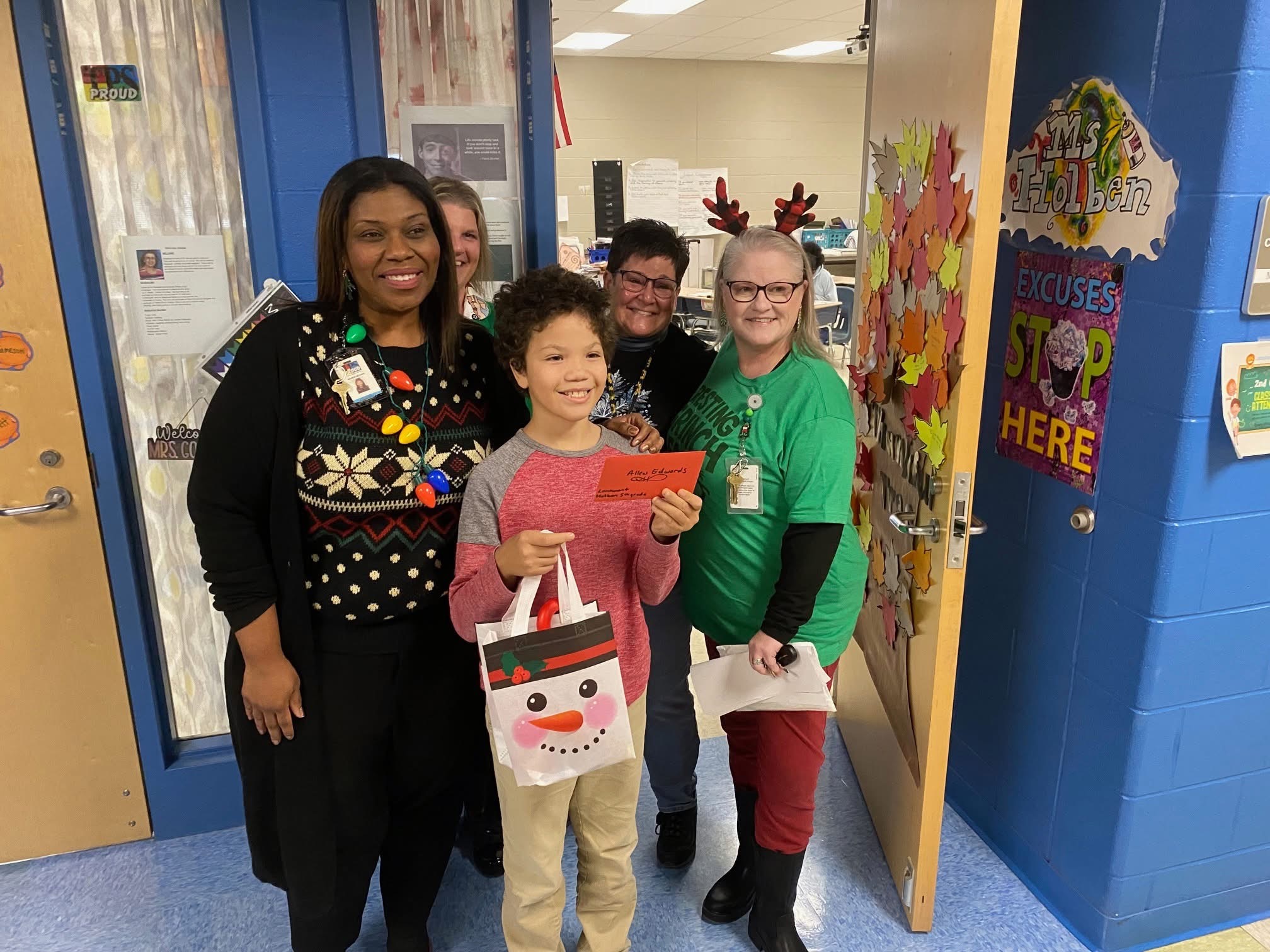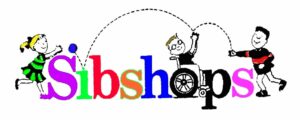
OSU.edu

Originally published by Toledo Parent in September 2023, written by Laurie Bertke.
Edited by Marcie Kamb, October 2024

Growing up with a sibling who has a disability can be difficult, and it’s not uncommon for brothers and sisters to struggle with feelings of frustration, anger or negativity at times.
Sibshops is a program offering peer support to these kids, giving them a space to process their feelings and talk with others who understand. Wendy Smenner and Kate Schwartz have facilitated the Saturday morning workshops together for about ten years. The program is co-sponsored locally by the Educational Service Center of Lake Erie West and the Autism Society of Northwest Ohio, and it is offered free of charge.
The Sibshops curriculum was created by the Sibling Support Project and is used throughout the United States and Canada, as well as in a number of other countries around the world.
Smenner is a Parent Mentor through the Ohio Parent Mentor Program, helping families navigate local and state special education processes and services so that children with disabilities can get the most out of their educational experience.
Serving the Educational Service Center of Lake Erie West as a Parent Mentor, Smenner says supporting siblings of children with disabilities has long been a cause close to her heart as a mother of two boys, one of whom has a disability. Siblings often struggle with trying to understand why their brother or sister is different, and grapple with feelings of loss, frustration or resentment. “Their world is just not typical,” says Smenner. “A lot of times these sibs are the ones suffering the most in the family.”
Schwartz, executive director of the Autism Society of Northwest Ohio and mother of two children on the autism spectrum, says the premise of Sibshops is to let brothers and sisters of kids with disabilities know that they’re not alone. “We’re not treatment or therapy. We’re just a support,” she says.
Sometimes siblings of children with disabilities feel as though all the attention goes to their brother or sister. They might think, “My mom and dad are dealing so much with my sibling. My problems are so small in comparison that I can’t share them,” says Schwartz.
“We see it in our own families. We can relate to these kids. We can understand that — I would be frustrated too,” says Schwartz. “A lot of what we do is reframing and rethinking about situations that could be negative or frustrating for kids.”
At past workshops, children have participated in “disability simulations” to get a sense of what it is like to use a wheelchair or walker, or how it feels to have sensory issues. This helps them better understand their siblings and consider the idea that “my sibling isn’t trying to give me a hard time; they’re having a hard time because this is how their body responds,” explains Schwartz.
Workshops also include recreational activities, crafts, group discussions, guest speakers and cooking activities. The program is open to children ages 8 to 16, which allows older children to mentor the younger ones.
Monica McCain, Parent Mentor for Toledo Public Schools, has two of her sons participating in in Sibshops and shares her thoughts on Smenner’s skilled facilitation of the program. “The workshops are fun, interactive, and enjoyable for them. In addition to the workshops, Wendy hosts awesome field trips that include the sibs and invite the sibling with disabilities and parents. Last fall we had a fun experience at a pumpkin patch. She does a great job of ensuring the activities are accessible. One of my boys is in a wheelchair, yet we were able to have fun alongside his brothers. I appreciate having a space where the siblings can have a space to hang out with other kids who understand living a unique life and being okay with it. It is a phenomenal program.”
Schwartz says she has seen sibling relationships repaired through Sibshops. As a parent, she finds it encouraging to see children with negative feelings about their brother or sister come to develop a new appreciation for the uniqueness of their sibling.
Beth Guggenbiller, Parent Mentor for the Mercer County Educational Service Center, learned about Sibshops at a Parent Mentor Community of Practice meeting and wanted to bring the program to her area. She connected her local county Board of Developmental Disabilities with Schwartz who took the time to meet with the board staff and share her struggles and successes setting up Sibshops in her area. “Thanks to Wendy Smenner, our Board of Developmental Disabilities loved the idea, became trained, and has started Sibshops in Mercer County! To date, they have held two events, and we look forward to more.”
“For me, the coolest part of Sibshops is watching the growth of everybody,” says Schwartz. “We’ve had some kids there for a good amount of time and who keep coming back year after year, and now they are stepping into leadership roles. It just makes the work that we do come full circle.”
Explore Sibshops in your area, or contact Wendy Smenner at 419-214-3066 or wsmenner@esclakeeriewest.org for more information.
The Ohio Parent Mentor Project is funded by The Ohio Department of Education and Workforce. The Oversight and Professional Development for Ohio Parent Mentors is provided by The Ohio State University’s Center on Education and Training for Employment, a translational research center within the College of Education and Human Ecology.
Center on Education and Training for Employment
1900 Kenny Road, Columbus, Ohio 43210
Phone: (614) 247-9982
Email: cete-parentmentor@osu.edu